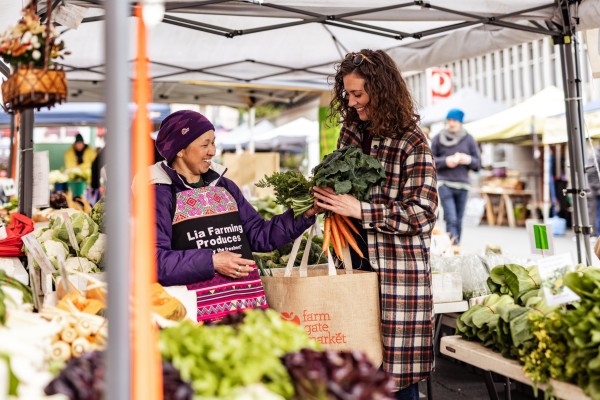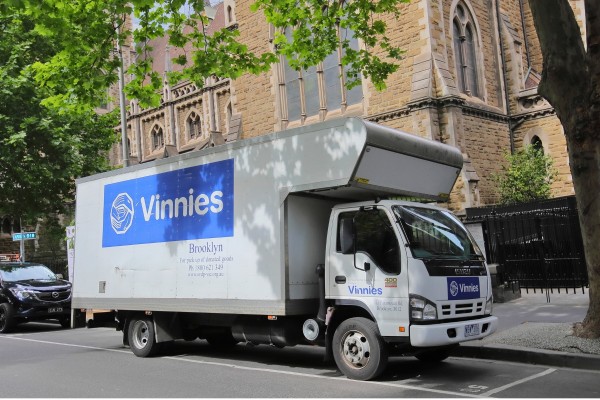How to save money on groceries in Australia
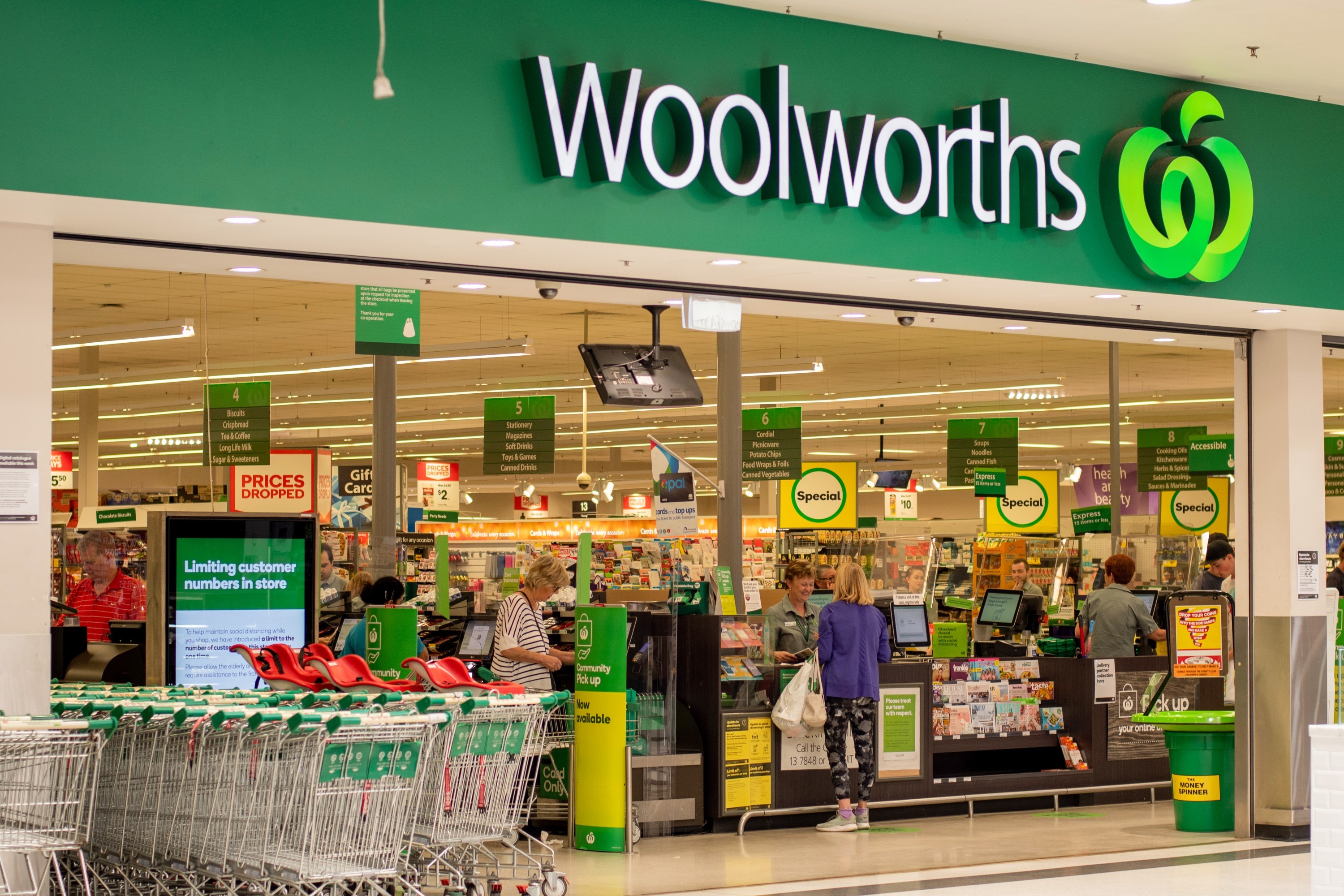
If you’ve been feeling the pinch of grocery shopping in Australian supermarkets over the last year or so, you’re not alone. Infact, 2 in 5 Australians (42%) say their grocery bill is one of their most stressful expenses.
In 2023, as inflation reached a peak of 9.2 per cent, shoppers faced price increases across almost every product category.
Thankfully, there are ways to cut costs and stretch your grocery budget further. In this article we’ll show you how.
So don’t load up your shopping trolley until you check out all of our grocery shopping hacks.
Shop the specials
It goes without saying that the best savings come when you take advantage of supermarket specials. But, unless you know the days and times sales come out, making the most of offers and promotions is easier said than done.
Luckily, we’ve done the digging to find out exactly when every major store releases their weekly specials.
Woolworths weekly supermarket specials
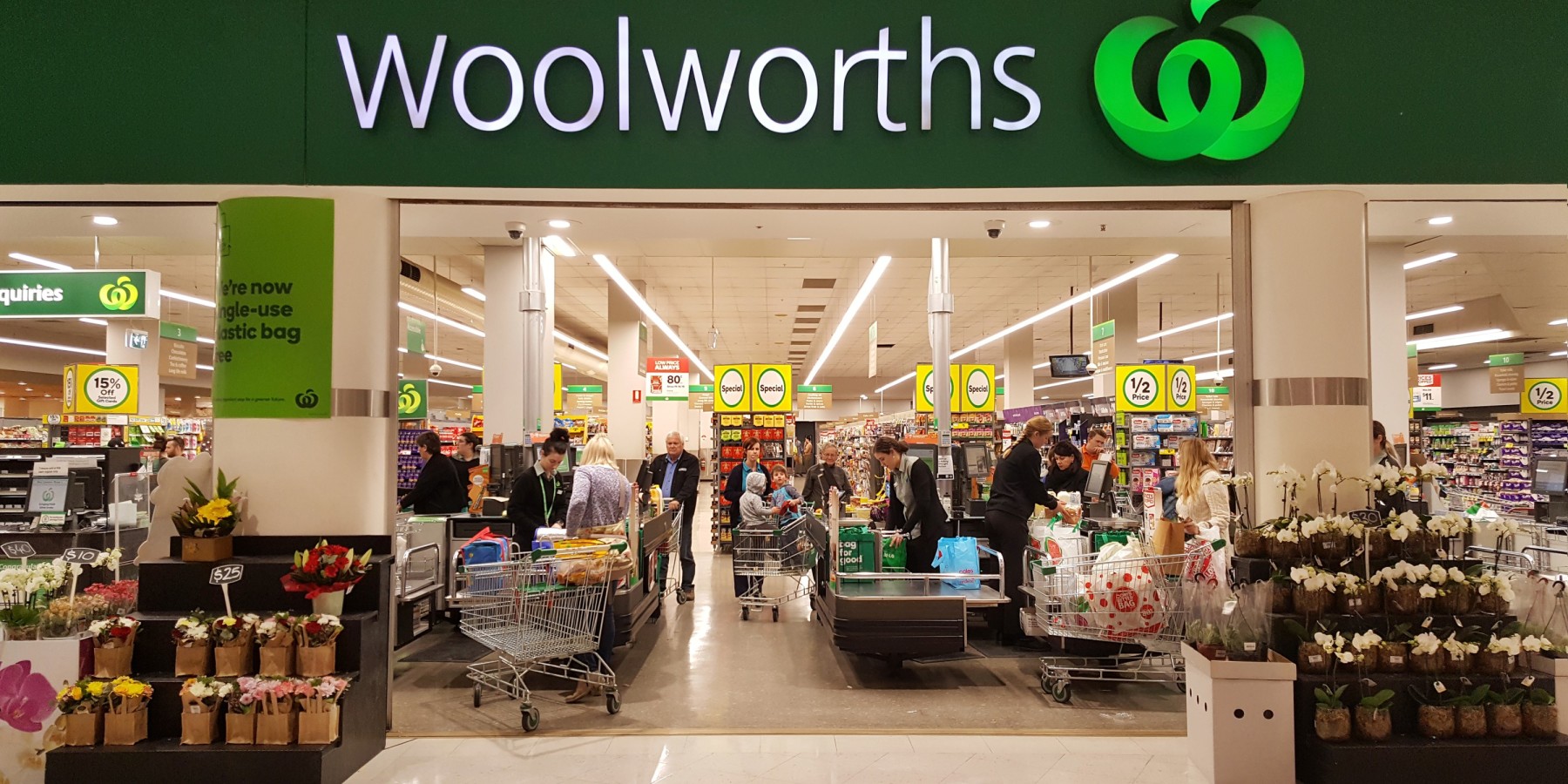
Fresh Woolworths specials rollout every Wednesday at around 7am. It’s important to note that any online orders or store purchases made before this time may not reflect the new specials of the week. Plan your shopping trips to align with the best prices.
Coles weekly shopping specials
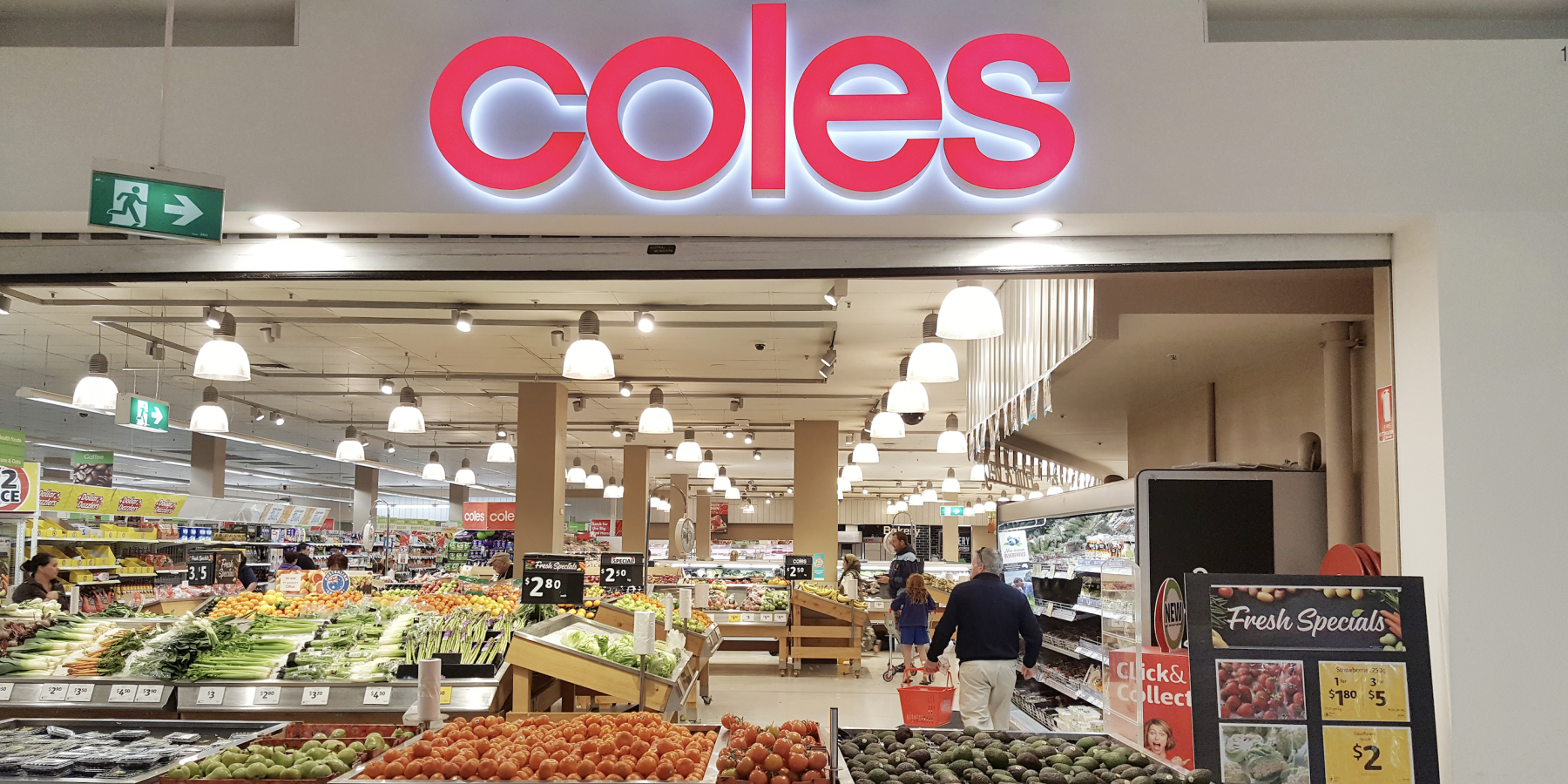
Coles also releases its new weekly specials on a Wednesday. However, customers can get a sneak peak of what’s coming up by viewing the catalogue online each Monday from 5pm. This enables early list and meal planning for the week ahead.
Aldi weekly shopping specials
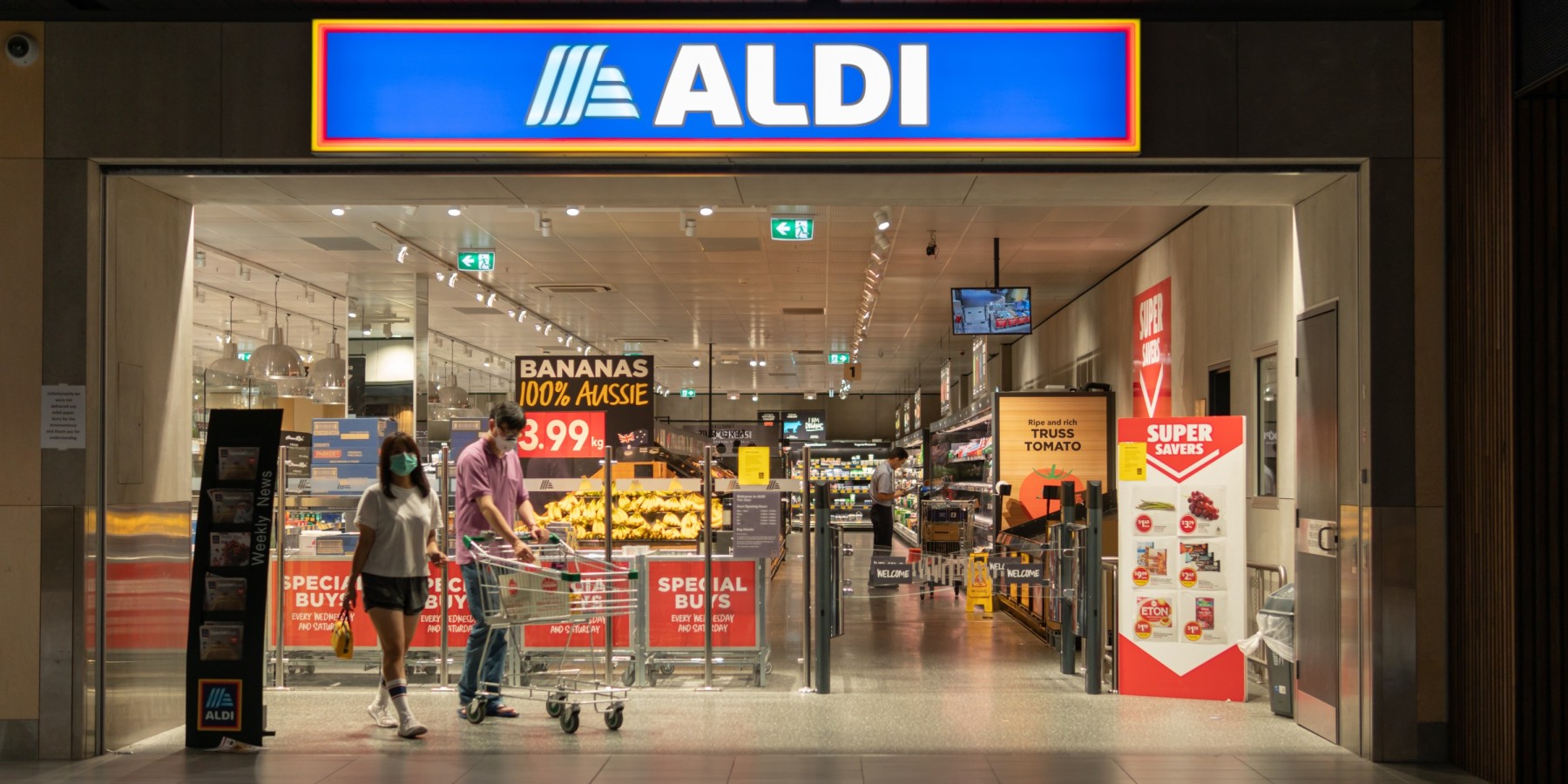 New Aldi specials drop twice a week on Wednesdays and Saturdays. In addition to food and produce, Aldi also runs regular ‘special buys’ on high ticket items such as homewares, machinery and equipment. However, stock often sells out within the first day or two. By visiting online you can see current and upcoming specials and check stock levels.
New Aldi specials drop twice a week on Wednesdays and Saturdays. In addition to food and produce, Aldi also runs regular ‘special buys’ on high ticket items such as homewares, machinery and equipment. However, stock often sells out within the first day or two. By visiting online you can see current and upcoming specials and check stock levels.
IGA weekly shopping specials
IGA stores also follow the trend of a Wednesday catalogue release. As independent retailers, IGA stores will also commonly run store specific specials. For this reason it’s a great idea to follow your local store on their social pages as they will often promote these unique offers there.
Shop at night - for marked down / quick sale products
Shopping at the start or end of a day can make a big difference to your shopping bill. Typically supermarkets will try to get rid of perishable items such as bakery goods, meat or fresh produce at the end of the day.
While grocery stores don’t openly market the specific times that items are priced down, this process does tend to happen in stages. Products will have initial markdowns in the afternoon, and this discount reduces further as it gets closer to store closing. Sometimes, products have savings of up to 50% off in the last hour or so of store trading.
If you have the capacity to shop late, it can result in great savings.
Sign up for every rewards program
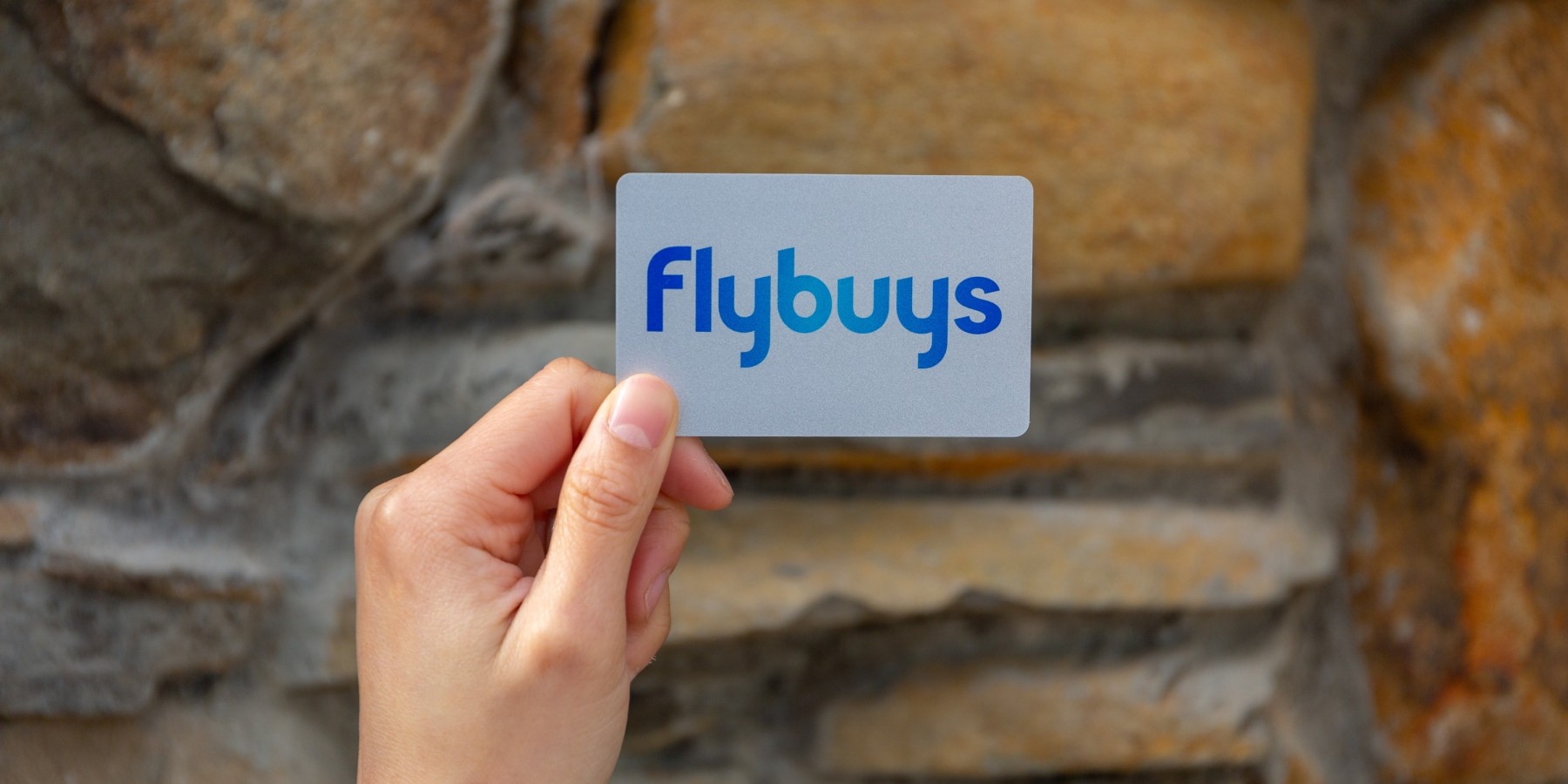
Almost every major player in the supermarket space offers a customer rewards program. The various programs will offer members lower pricing, exclusive specials and the ability to earn points or money off grocery shops. To make the most of your shopping, sign up to one or all of the rewards programs that are available.
Two-thirds (67%) of those signed up to supermarket rewards programs use their points to get cashback from their groceries.
Utilise grocery insurance and other services to save extra
Grocery stores are no longer just for milk and bread; now they offer an expansive list of other services, and those extra services come with bonus savings on your groceries.
-
Woolworths car, pet or home insurance offers customers the opportunity to get 10% off their in-store grocery shop once a month.
-
Coles Insurance offers an additional way for customers to earn Fly Buys. For every 2,000 Fly Buys accrued, customers get an extra $10 off their shopping.
Do one weekly shop rather than lots of small shops
Data shows that large weekly shops work out cheaper than smaller, more frequent shops. So, it makes sense to plan meals and your shopping list for the week ahead of time and order all in one go.
Those who shop for groceries once every few days tend to spend more per week ($201) than those who opt for weekly visits ($177).
Compare prices of your most-purchased items
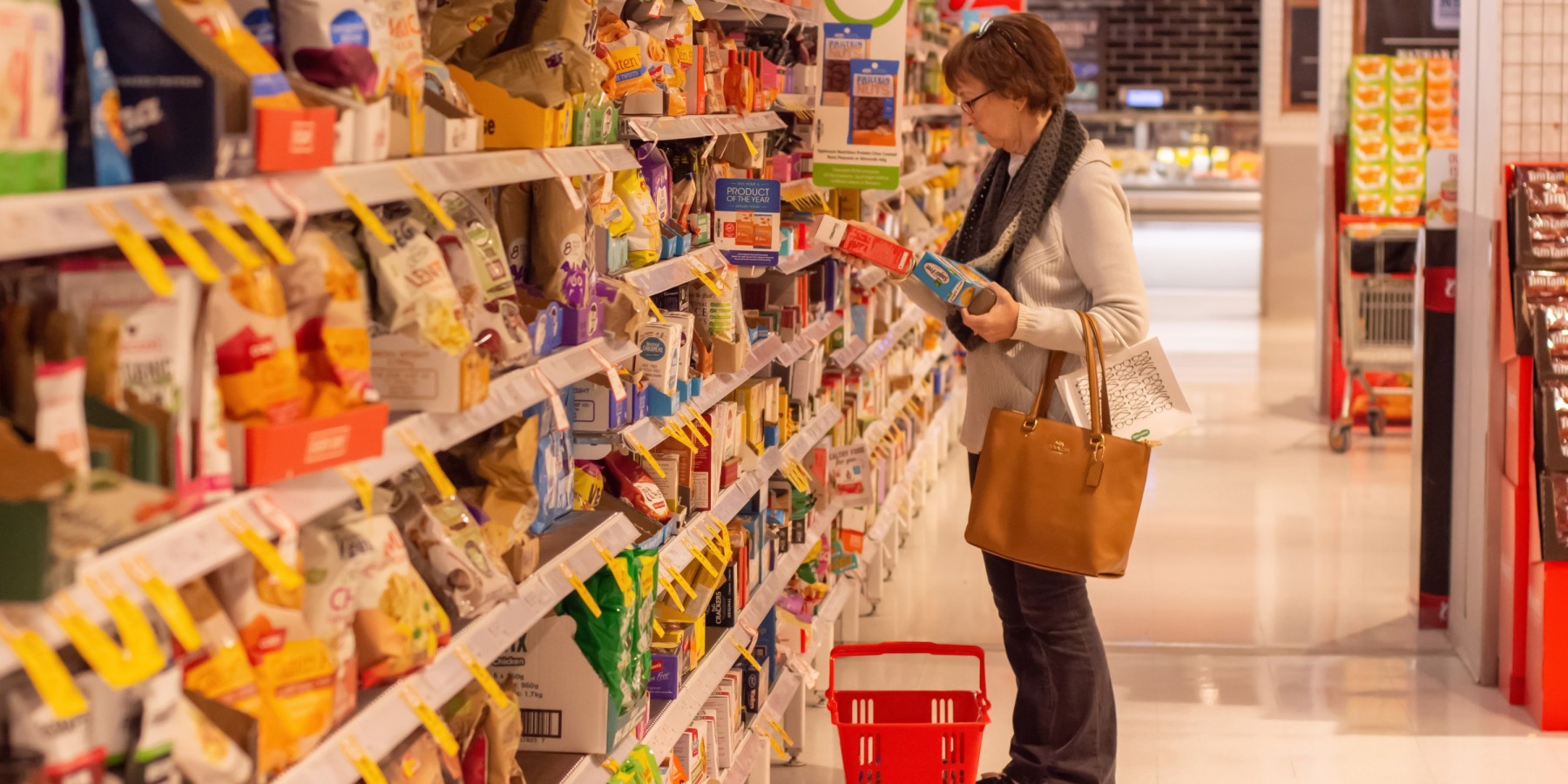
It may seem strange, but different supermarkets often charge different amounts for exactly the same product. For those who have the time to compare prices, big savings can be made from shopping around.
Using tools such as the Food and Groceries Finder will help you find out which brands rank highest for quality and value for money - allowing you to make more informed shopping choices.
Consider location
If you’re planning a move or are researching places to live in Australia, living costs such as groceries are likely to be a primary concern. And, when it comes to supermarket pricing, location really makes a difference.
Regional and remote areas in Australia are typically more expensive. This is due to the lack of competition and the additional transportation costs required to send goods to the store.
Groceries are up to 56% more expensive in remote and regional areas of the NT compared to the major cities of Darwin and Alice Springs.
Staples such as eggs are up to 20% more expensive in remote locations than in capitals such as Sydney according to Numbeo.
Average shopping cost by state or territory
-
Victoria: $193 per week
-
South Australia: $181 per week
-
NSW: $190 per week
-
QLD: $189 per week
-
WA: $185 per week
Small changes can make a big impact
While some of these hacks may seem like they come with a small reward, it’s when you combine these micro changes that you can really enjoy bigger savings. And, in the current climate where cost of living is hitting hard, knowing how to save money on your groceries puts you one step ahead.
What do our customers say?



